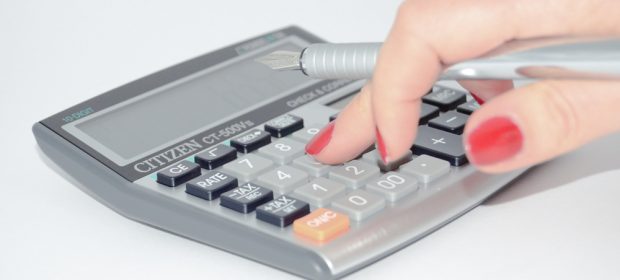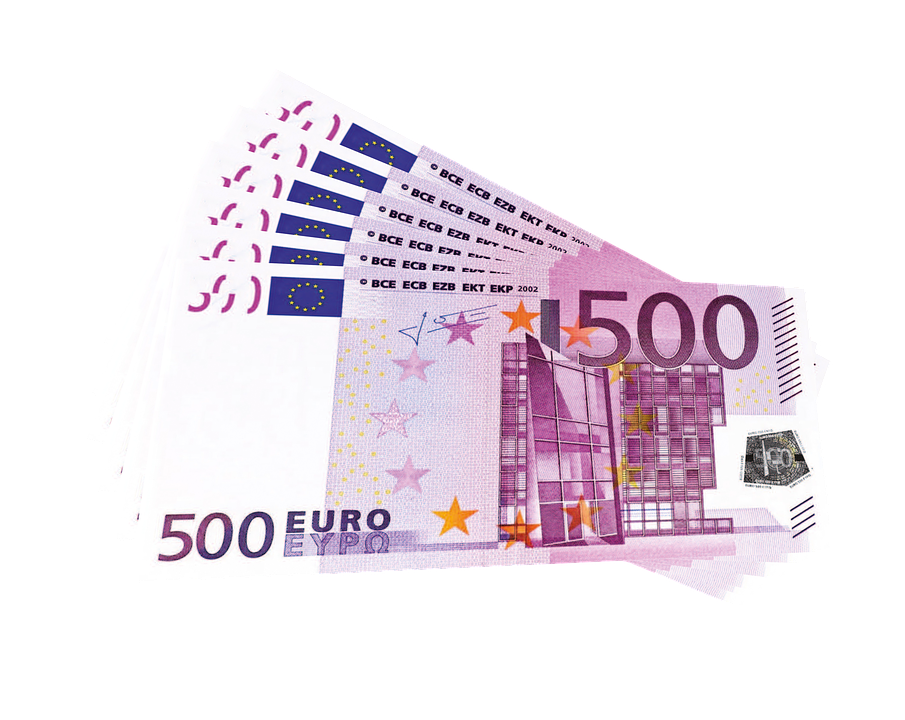
You’ve established your overall budget for the purchase of a house in France, and you might have already been in touch with us to determine your maximum borrowing capacity (if you haven’t yet, you can do so HERE). But before you find the French property of your dreams, it is important to check that you have budgeted for all the costs involved.
Legal costs in France
When buying a home in France you will need to appoint a notaire (solicitor), who will ensure that the transaction is legally compliant and that all of the associated property taxes are paid in full. Notaire fees are often the single largest expense you will need to cover when purchasing a property in France. Note, however, that the majority of those fees are not devoted to the legal costs of buying a home, rather to the French equivalent of stamp duty.
There is no need to shop around for the cheapest notaire, as their fees are fixed by law. We do recommend, however, that you choose a notaire who can speak English (or has a staff member who can), as this will facilitate the transaction.
Notaire fees depend on the price of your new home, and on whether it is a new build or an existing property. Typically, for an existing property, we estimate the notaire fees at around 7-8% of the purchase price, or 2% for a new build property. But, because some of those fees are set fees or have minimum amounts, the notaire fees could represent a higher percentage on a lower price property (for example: 11% notaire fees on a property price of 48,000€)
In order to have a good indication of the actual amount you would pay, have a look at the official website for notaires in France. They have a useful fee calculator in English: www.immobilier.notaires.fr/en/fee-calculator

Commission from agencies
Estate agents in France charge for their services in a very different way to those in the UK and the rest of Europe. As soon as you approach an agent in France about a house you’re interested in buying, you should ascertain whether or not the listing price includes the agent’s commission. Most asking prices include commission, but you should look for the term ‘FAI’, which stands for ‘frais d’agence inclus’. This denotes that all of the agent’s fees are included (paid for by the buyer as opposed to the UK system). However, if you see ‘TTC’ as part of a property listing (which stands for toutes taxes comprises), you should be aware that you will need to pay the agent’s fee on top of the purchase price.
Most agents in France will generally charge between five and ten percent of the purchase price for their services. It is important to remember that this is usually in addition to the notaire’s fee.
If you are flexible on exactly where in France your new home will be, hiring the services of a buyer’s agent may be a cost-effective move. A professional buyer’s agent will scour the country in search of properties that meet your criteria, which will help you to find real value for money in the market.

Paying a deposit
The vast majority of property purchases in France require that a 10% deposit is paid at the time of signing the preliminary contract. If you are buying a particularly expensive home, this may be reduced to five percent. It is advisable to request that this payment is made to the vendor’s notaire – and held in escrow until the end of the cooling-off period (usually seven days). If you must hand over a deposit to an agent, you should ensure that it will be held in an account specifically designed for holding deposits – a ‘compte séquestre’. If you change your mind about the purchase within the cooling-off period, your deposit must be returned to you in full within 21 days.
Converting your currency
Although you may now have a rough idea of what your finances can stretch to in France, even the slightest shift in the value of the Euro in comparison with your home currency can translate to a significant difference in the price you pay for the property. It is definitely a good idea to employ the services of a currency exchange provider in order to set a rate in advance.
Spectrum International Mortgages has partnered with Smart Currency Exchange. They will be able to advise you on any foreign exchange matters at advantageous rates. They are generally more cost effective than the bank, with a saving ranging anything from 1-3%. They will work closely with you on the timing and utilise forward contracts to secure an exchange rate for your future completion date.
Posted by Spectrum French Mortgages in Get a Low rate French mortgage, Low rate French mortgage, mortgages in france
